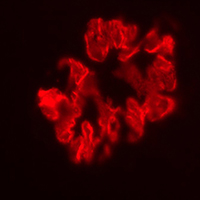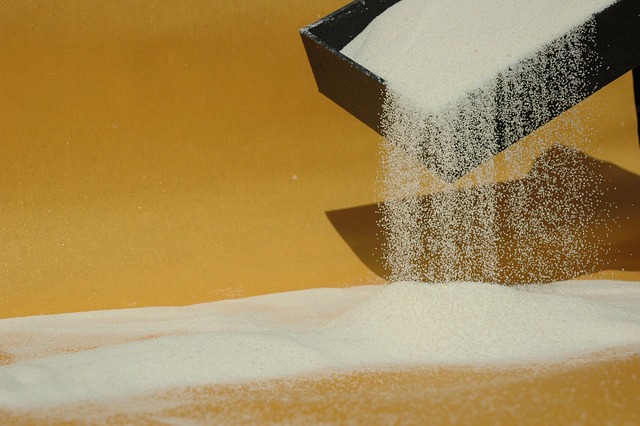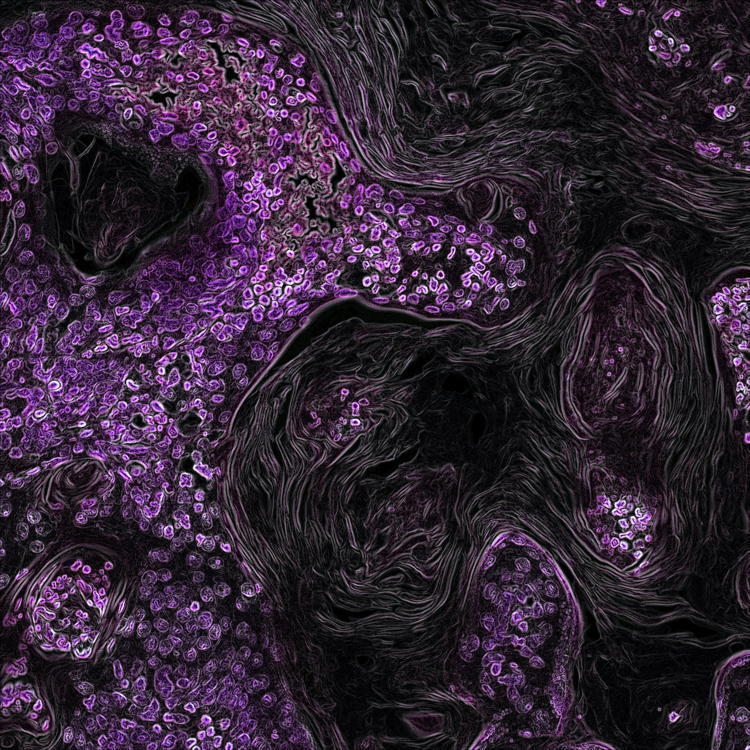Stretching prior to resistance training promotes adaptations on the postsynaptic region in different myofiber types

Submitted: 29 October 2021
Accepted: 1 February 2022
Published: 15 February 2022
Accepted: 1 February 2022
Abstract Views: 1199
PDF: 539
HTML: 25
HTML: 25
Publisher's note
All claims expressed in this article are solely those of the authors and do not necessarily represent those of their affiliated organizations, or those of the publisher, the editors and the reviewers. Any product that may be evaluated in this article or claim that may be made by its manufacturer is not guaranteed or endorsed by the publisher.
All claims expressed in this article are solely those of the authors and do not necessarily represent those of their affiliated organizations, or those of the publisher, the editors and the reviewers. Any product that may be evaluated in this article or claim that may be made by its manufacturer is not guaranteed or endorsed by the publisher.
Similar Articles
- J.H. Song, M.Y. Lee, Y.J. Kim, S.R. Park, J. Kim, S.Y. Ryu, J.Y. Jung, Developmental immunolocalization of the Klotho protein in mouse kidney epithelial cells , European Journal of Histochemistry: Vol. 58 No. 1 (2014)
- Sara Salucci, Sabrina Burattini, Francesca Buontempo, Alberto Maria Martelli, Elisabetta Falcieri, Michela Battistelli, Protective effect of different antioxidant agents in UVB-irradiated keratinocytes , European Journal of Histochemistry: Vol. 61 No. 3 (2017)
- Guillermo Laguna-Hernández, Carlos A. Rio-Zamorano, Itzel G. Meneses-Ochoa, Alicia E. Brechú-Franco, Histochemistry and immunolocalisation of glucokinin in antidiabetic plants used in traditional Mexican medicine , European Journal of Histochemistry: Vol. 61 No. 2 (2017)
- Cheng Chen, Yan Huang, Pingping Xia, Fan Zhang, Longyan Li, E Wang, Qulian Guo, Zhi Ye, Long noncoding RNA Meg3 mediates ferroptosis induced by oxygen and glucose deprivation combined with hyperglycemia in rat brain microvascular endothelial cells, through modulating the p53/GPX4 axis , European Journal of Histochemistry: Vol. 65 No. 3 (2021)
- L. M. Carrillo, E. Arciniegas, H. R. Rojas, R. E. Ramirez, Immunolocalization of endocan during the endothelial-mesenchymal transition process , European Journal of Histochemistry: Vol. 55 No. 2 (2011)
- Yunlong Zhang, Xin He, Jianyu Zou, Jie Yang, Ao Ma, Minghui Tan, Phosphorylation mutation impairs the promoting effect of spastin on neurite outgrowth without affecting its microtubule severing ability , European Journal of Histochemistry: Vol. 67 No. 1 (2023)
- C. Fede, G. Albertin, L. Petrelli, M.M. Sfriso, C. Biz, R. De Caro, C. Stecco, Hormone receptor expression in human fascial tissue , European Journal of Histochemistry: Vol. 60 No. 4 (2016)
- C Poltronieri, E Negrato, D Bertotto, D Majolini, C Simontacchi, G Radaelli, Immunohistochemical localization of constitutive and inducible Heat Shock Protein 70 in carp (Cyprinus carpio) and trout (Oncorhynchus mykiss) exposed to transport stress , European Journal of Histochemistry: Vol. 52 No. 3 (2008)
- X. Xu, S. Guan, B. He, J. Wang, Active role of the predecidual-like zone in endometrial shedding in a mouse menstrual-like model , European Journal of Histochemistry: Vol. 57 No. 3 (2013)
- B. Sainz Jr., I. Miranda-Lorenzo, C. Heeschen, The fuss over lipo“fussâ€cin: not all autofluorescence is the same , European Journal of Histochemistry: Vol. 59 No. 1 (2015)
<< < 13 14 15 16 17 18 19 20 21 22 > >>
You may also start an advanced similarity search for this article.

 https://doi.org/10.4081/ejh.2022.3356
https://doi.org/10.4081/ejh.2022.3356











